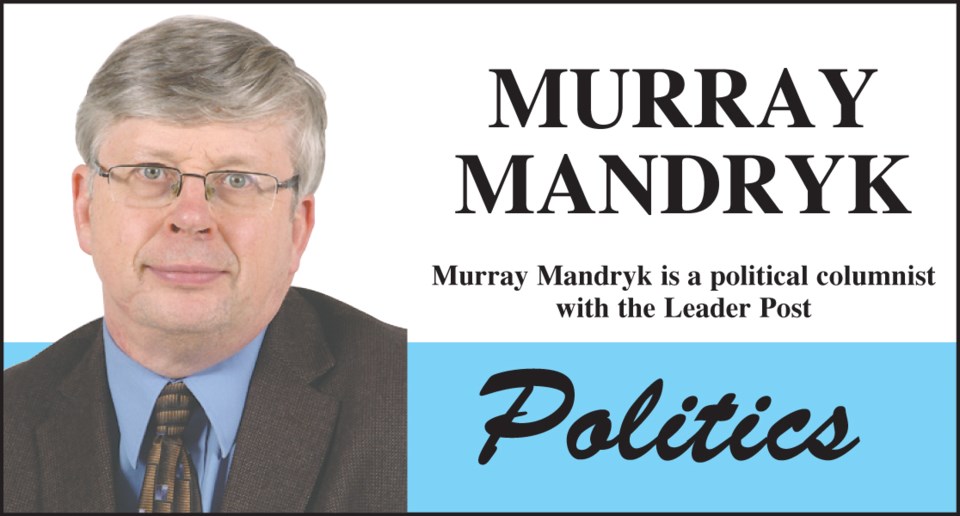We have been hearing a lot of late in this next of the woods about how this country just doesn’t work anymore.
One gets the frustration. It’s a big country with a sparse population and an array of interests.
Exactly how rural Saskatchewan people connect with urbanites in downtown Toronto or French-speaking Montreal residents or Eastern Maritimers is often a national mystery.
Regionally, economically and culturally, it would seem as if there is little that we share, making for the easy argument that we would somehow be better off separated.
Recent politics has often fallen into this narrative, driven by the frustration over the perceived impact of federal Liberal government policies like the carbon tax, lack of pipeline development and Bill C-69 that adds environmental restrictions to major infrastructure projects like pipelines.
Obviously, the fact that the West is more affected by matters effecting energy only enhances the notion that those elsewhere in the country don’t get our issues.
But if we are to make an honest assessment of our nation, there are few other considerations to keep in mind.
First, we are the second biggest country in the world, but only the 38th biggest in population. There surely are immense problems with having 37 million people scattered over 9.985 million square kilometres, but it may be better than the alternative.
For the disgruntled muttering about Saskatchewan (1.1 million people) or even Saskatchewan and Alberta (add another 4.3 million people) being better off as separate nation, consider that such a scenario would produced a country with 5.5 people (at most) with a massive land mass.
If Canada doesn’t carry enough weight on the world stage when we encounter trade issues with massive partners like China or the U.S., how would we better off? For that matter how would it be easier to build pipelines to get our oil to port if when we are landlocked?
Maybe those talking separation haven’t clearly thought things through.
But when it comes down to realistic solutions to what is a real problem of our issues not being heard in Ottawa, maybe there are other solutions.
And, surprisingly, maybe one of the best places to start looking for solutions is last week’s gathering of provincial and territorial leaders — the annual Premiers’ Conference now known by the fancier title of the council of the federation (CoF).
Much is being made of the new alliance of conservative premiers that consists of Premier Scott Moe, Ontario’s Doug Ford, Alberta’s Jason Kenney, Manitoba’s Brian Pallister, New Brunswick’s Blaine Higgs, Prince Edward Island’s Dennis King, (to a lesser extent) Quebec’s François Legault.
This loose-knit bunch has grown especially close by the shared opposition to the carbon tax … and their eagerness to see Justin Trudeau change jobs in October. Kenney invited Moe, Higgs and Ford to a “white hat ceremony” at the Calgary Stampede the day before they were to kickoff off the three-day CoF summit that started with a meeting with Indigenous leaders at the Big River First Nation.
There’s little doubt that one of things that unites this group — besides the aforementioned distaste of the carbon tax and Bill C-69 — is the desire see Andrew Scheer replace Justin Trudeau as national leader.
But is that necessarily as hideous as some would make it out to be?
Voters have elected provincial governments of a different political stripe than Trudeau to reflect their priorities. It stands to reason that the premiers have ever right to use such forums to make their case.
And, really, shouldn’t we appreciate that conservative premiers from the west, Ontario, Quebec and the Maritimes can come to a consensus on issues.
Some may suggests it’s just politics, but isn’t this how this country actually can work?
Murray Mandryk has been covering provincial politics for over 22 years.




